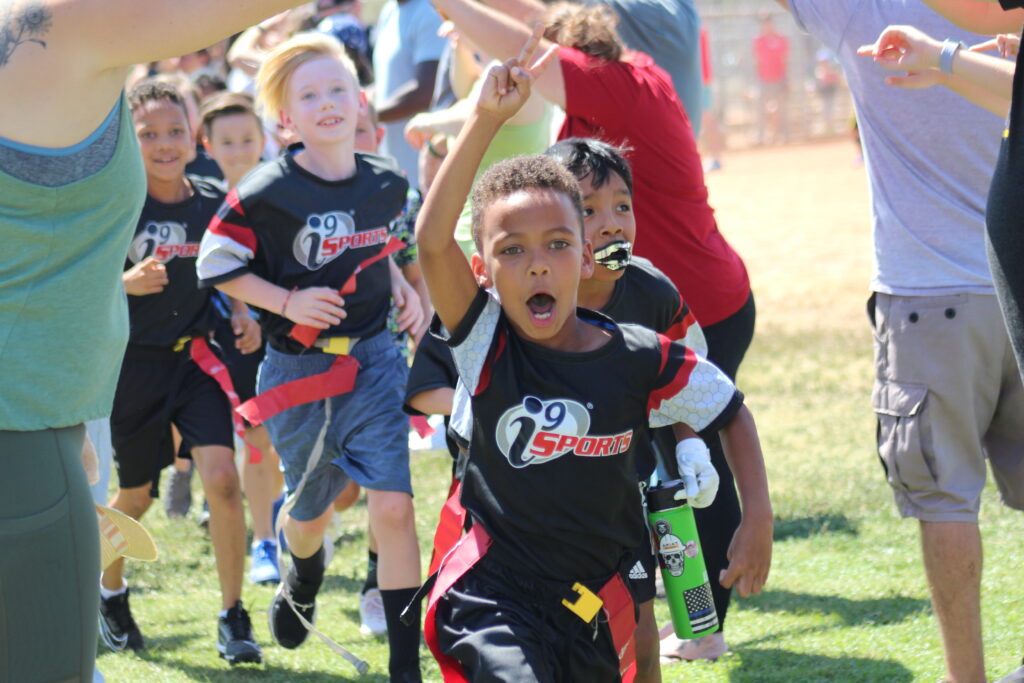The Facts About Participation Trophies
In today’s competitive world, the idea of giving every child in youth sports a medal often sparks debate. Critics argue that it fosters a sense of entitlement and diminishes the value of hard-earned victories. However, a closer examination reveals that participation trophies and similar types of awards play a crucial role in the development of young athletes, offering benefits that extend beyond the playing field.
What is a Participation Trophy?
Some youth sports organizations give out awards at the end of the season for simply participating. The goal of these awards is to encourage athletes to enjoy the sport and continue playing long-term. However, critics say the awards are bad for character development and have created a sense of entitlement in many young adults. Here are the facts that have led to participation trophies becoming more normalized over the years.
Why Are Participation Trophies Given?
1. To Build a Child’s Self-Esteem and Confidence
According to a study by the American Psychological Association, positive reinforcement, such as receiving awards, helps children develop a strong self-image and self-worth. When kids are acknowledged for their efforts and participation, they are more likely to feel valued and motivated to continue participating in sports. Kids love being recognized, especially in front of their loved ones, it makes them feel as though their parents are proud of them.
2. To Encourage Continued Participation
Youth sports face the challenge of maintaining participation as children grow older. According to the Sports & Fitness Industry Association 2024 Topline Participation Report, the dropout rate for youth sports is alarmingly high, with about 70% of kids quitting organized sports by age 13. Recognition through medals and trophies can serve as a powerful incentive for children to stay engaged. When children receive tangible recognition for their efforts, they associate sports with positive experiences and are more likely to continue participating.
3. Awards Foster a Growth Mindset
Carol Dweck’s research on the growth mindset underscores the importance of recognizing effort rather than innate talent. When children receive medals for achieving certain milestones, it reinforces the idea that progress and improvement are important. This mindset fosters resilience and a love for learning. It teaches kids to keep progressing and moving forward no matter what challenges they may face. Quite the opposite of entitlement.
4. Awards Help Create a Positive Sports Environment
These awards contribute to a positive and inclusive sports environment. They help reduce the pressure on winning and allow children to enjoy the game. Children who play in an encouraging environment are more likely to have a positive attitude toward sports and physical activity. This positive reinforcement is crucial for cultivating a love for sports that can lead to a lifelong habit of physical activity and promoting overall health and well-being.
Though it can be misleading, participation trophies were aptly named for the reason they are given- to keep kids participating in sports! The purpose is to help the youth sports community foster a lifelong love of sports and motivate kids to play sports and live long-term active lifestyle. These awards are usually used for motivation in kids under 13-years-old, sometimes even 8 or younger depending on the organization. So when people blame these awards for creating entitled adults, remember that kids typically stop receiving them as they become older, more naturally competitive and passionate about sports. They may not even remember these awards.
With 70% of kids quitting by age 13, youth sports organizations nationwide have their work cut out to keep kids engaged and not burnt out. Participation trophies are only one solution, it will take a combination of current and future initiatives to to keep kids playing longer!
About the Author

Tyler Munoz
Manager Of Sport, i9 Sports®
Tyler is responsible for creating and implementing national training programs for coaches and over 240 franchisees to achieve the company’s mission to help kids succeed in life through sports.
Tyler grew up in Modesto, California, playing baseball, basketball and football from the age of 5. Sports have always been at the center of his life and have been something that he has dedicated his life to making a positive impact in.
He discovered his passion - supporting coaches to ensure they can provide a quality sport experience to the athletes that they coach during his education at California State University, Fresno. He earned his Master of Arts in Kinesiology – Sport Psychology and his Bachelor of Arts in Political Science with a Minor in Sport Coaching from California State University, Fresno.
After graduating, Tyler spent a year in New Zealand and Australia, where he studied and participated in the two countries’ sport environments, athlete development systems, and coaching models.
After his travels, he joined the United States Olympic and Paralympic Committee’s (USOPC) Coaching Education Department as the American Development Model and Youth Development fellow. Tyler was able to collaborate and coordinate sport development projects with several National Governing Bodies and assist the Coaching Education team with creating and updating resources related to coach training and the American Development Model.
Tyler continued to consult with the USOPC on initiatives related to the American Development Model the Quality Coaching Framework and ultimately, developed an online course, Foundations of the American Development Model. In 2020, he accepted a position with USA Football as the Senior Manager of Coach Education.
During his three years there, he was able to redesign the organization’s coach education certification, which led to USA Football achieving its’ one millionth coach certification in 2022. Tyler has coached football, baseball, and basketball at all levels of sport (recreational, scholastic, national, and international) throughout his life and is passionate about giving back to the communities in which he has lived.
Presentations and Awards:
College of Health and Human Services- Outstanding Project Award
Presented graduate project at the 39th Annual Central California Research Symposium
Olympic & Paralympic Coach Magazine Spring 2020- ADM & Me: Insights in Learning from my USOPC Fellowship
Presented at the USA Football National Conference 2020
Presented at the National Post Olympic and Paralympic Conference of Sport & Science at the Wingate Institute in Israel
What Does Fun Look Like? - Interview with Athlete Era
